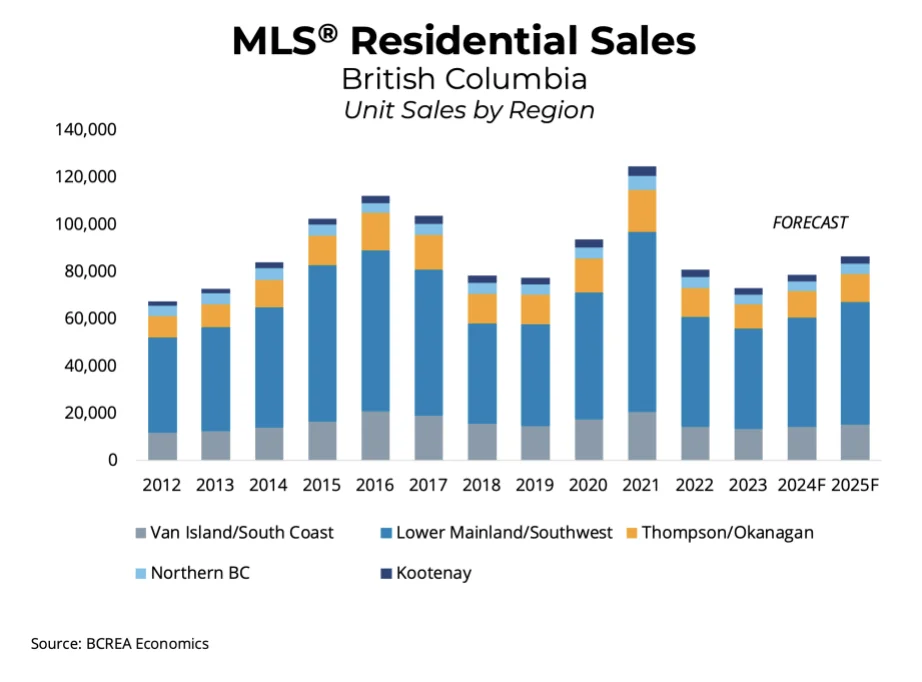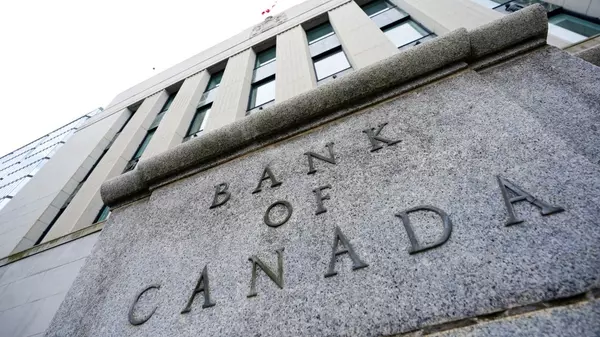How US-Canada Trade Tariffs Could Impact Canada’s Housing Market in 2025

How US-Canada Trade Tariffs Could Reshape Canada’s Housing Market in 2025
The US-Canada trade relationship, one of the largest and most interconnected in the world, is facing renewed tension as trade tariffs loom on the horizon. With the potential for escalating tariffs in 2025, Canada’s housing market—particularly in high-demand regions like the Lower Mainland—could face significant challenges. From rising construction costs to broader economic impacts, here’s what you need to know about how these trade policies might reshape the real estate landscape.
The Trade War Threat: A Recap
The US and Canada are each other’s largest trading partners, exchanging billions of dollars in goods annually, including critical homebuilding materials like lumber, steel, and appliances. However, recent trade disputes have reintroduced tariffs on key Canadian exports, such as softwood lumber, steel and aluminum. If these tariffs escalate in 2025, the ripple effects could be felt across Canada’s economy—and its housing market.
Kevin Lee, CEO of the Canadian Home Builders’ Association (CHBA), warns that retaliatory tariffs could drive up construction costs, further straining housing affordability and supply. “A trade war started by U.S. tariffs would really be an unfortunate and problematic thing for housing in Canada,” Lee said.
Impact on Construction Costs and Housing Affordability
One of the most immediate effects of trade tariffs would be higher costs for building materials. Canada imports billions of dollars worth of construction-related goods from the US annually, including:
-
Glass products: $3.5 billion
-
Major appliances: Over $3 billion
-
Hardware: $2 billion
-
Primary metals (steel, aluminum, iron): Over $14 billion
If tariffs are imposed, these costs could be passed on to homebuyers, making new homes and renovations more expensive. This would be particularly challenging in markets like the Lower Mainland, where housing affordability is already a pressing issue.
Broader Economic Implications
Beyond construction costs, the broader economic impact of a trade war could be even more concerning. An economic slowdown or recession—triggered by reduced trade and job losses—could lead to fewer housing starts and decreased consumer confidence.
Phil Soper, CEO of Royal LePage, emphasizes that the real estate industry is deeply tied to the overall strength of the economy. “The concern is longer-term: how will it impact homebuilding? How will it impact employment numbers? How will that impact consumer confidence?”
The Lower Mainland: A Unique Perspective
The Lower Mainland, home to Vancouver and its surrounding areas, is one of Canada’s most dynamic real estate markets. While the region’s tech sector and diversified economy may provide some insulation, the housing market could still feel the pinch.
-
Rising Costs: Higher material costs could slow down new developments, exacerbating the existing housing shortage.
-
Foreign Investment: A weaker Canadian dollar might attract foreign buyers, but higher construction costs could offset this advantage.
-
Renovation Market: Homeowners planning renovations may face higher costs for materials and appliances, potentially delaying projects.
Potential Solutions and Silver Linings
While the outlook may seem daunting, there are steps that can be taken to mitigate the impact of trade tariffs:
-
Diversifying Supply Chains: Suppliers are already exploring alternative sources for building materials to reduce reliance on US imports.
-
Government Intervention: Measures like removing the GST on new homes or lowering development taxes could help offset rising costs.
-
Long-Term Resilience: As Soper notes, Canada’s status as a G7 economy means it has the capacity to adapt and diversify over time.
Looking Ahead to 2025
As we approach 2025, the potential for US-Canada trade tariffs remains a significant uncertainty for Canada’s housing market. While the Lower Mainland’s real estate sector is resilient, rising construction costs and broader economic challenges could create headwinds for buyers, sellers, and investors alike.
For now, staying informed and proactive is key. Whether you’re a first-time homebuyer, a developer, or a homeowner planning renovations, understanding these dynamics can help you navigate the evolving landscape.
Conclusion
The US-Canada trade relationship is at a crossroads, and the implications for Canada’s housing market are profound. By preparing for potential challenges and exploring innovative solutions, stakeholders can weather the storm and continue to build a vibrant real estate market—even in the face of uncertainty.
For more insights on the Lower Mainland real estate market and how to navigate these changes,, contact us today.
The article above is for information purposes and is not financial or legal advice or a substitute for financial or legal counsel.
Categories
Recent Posts










